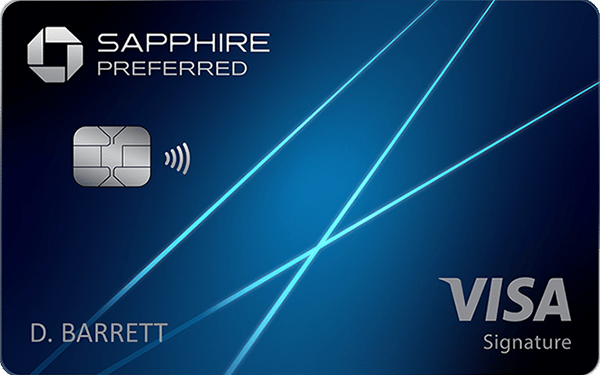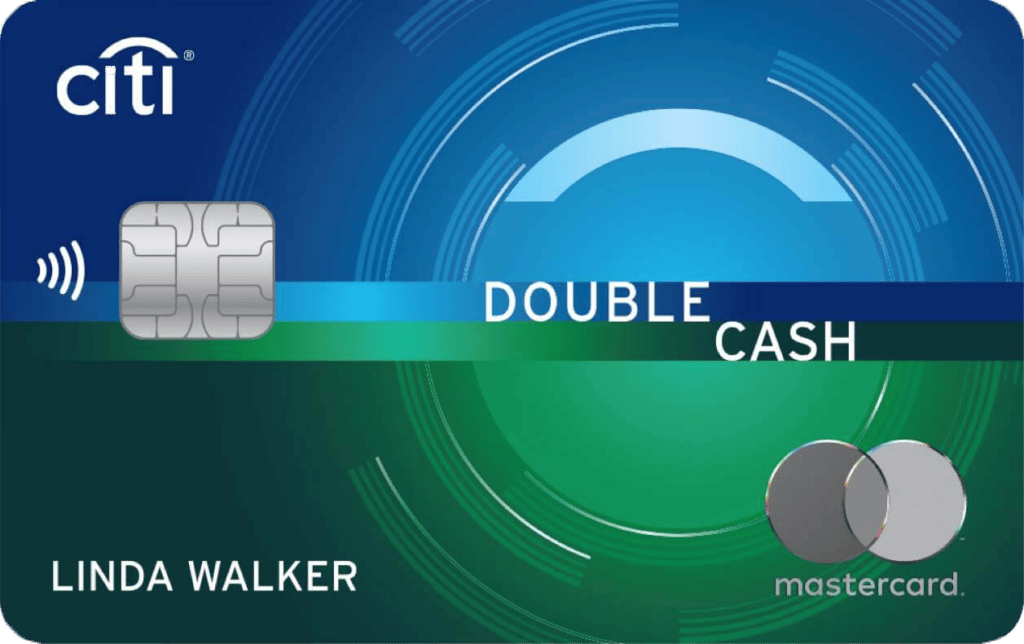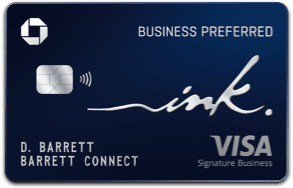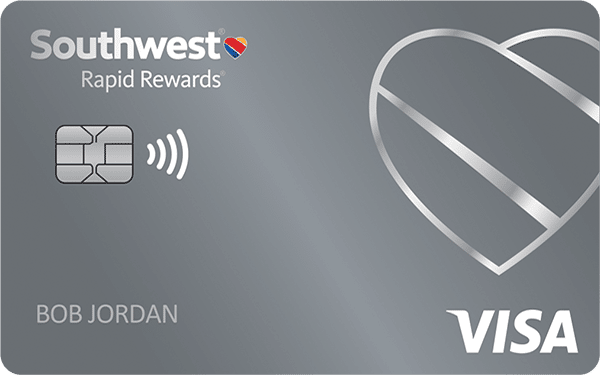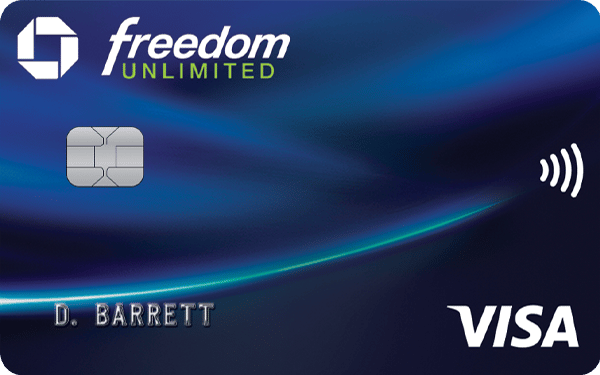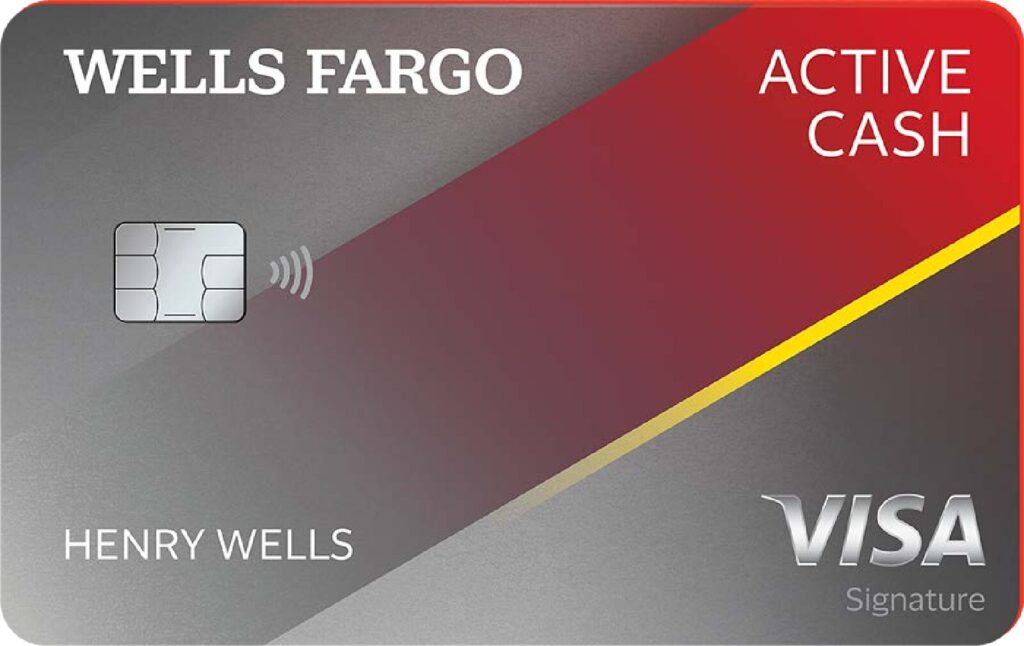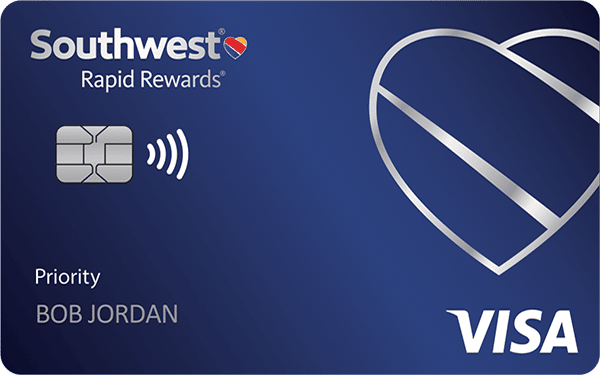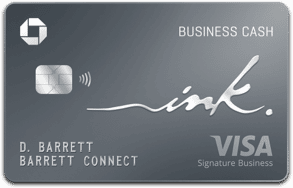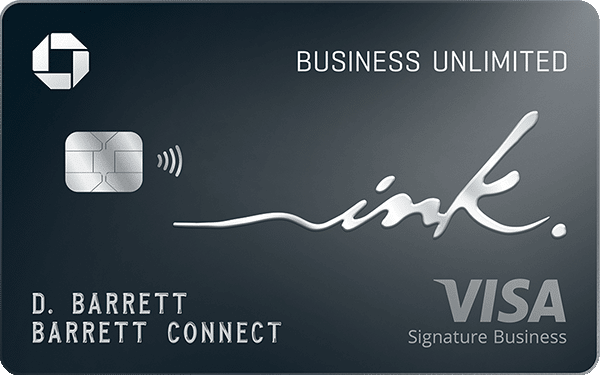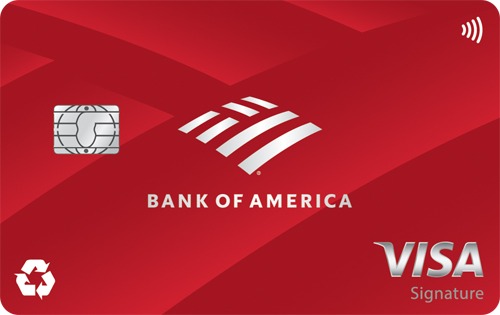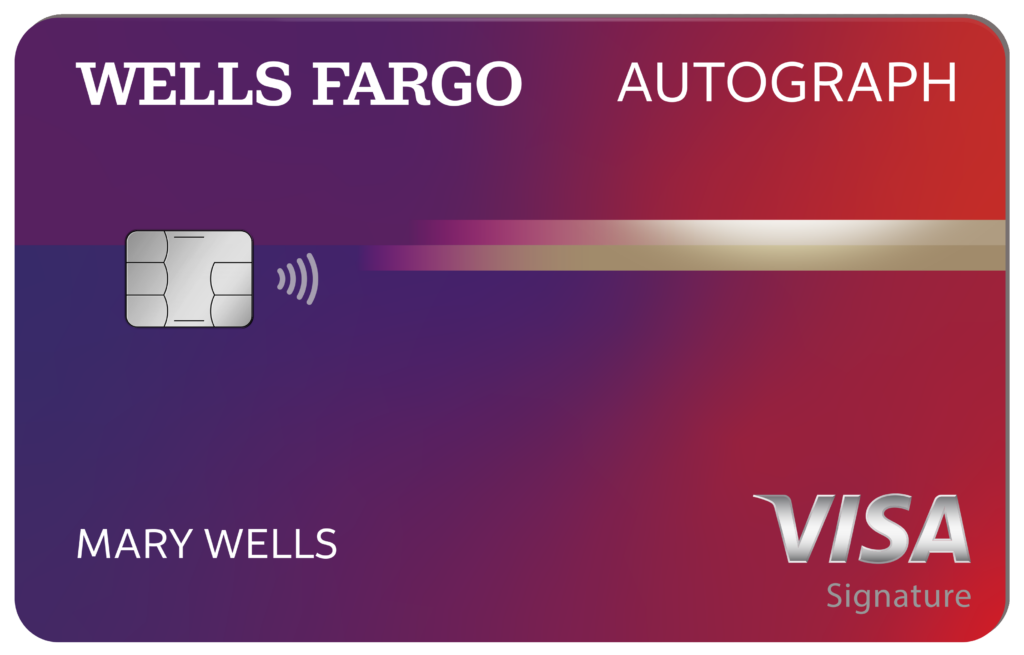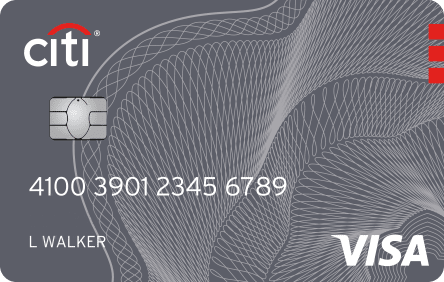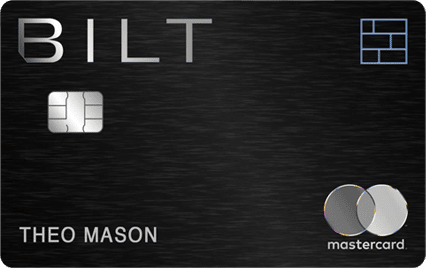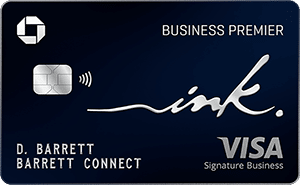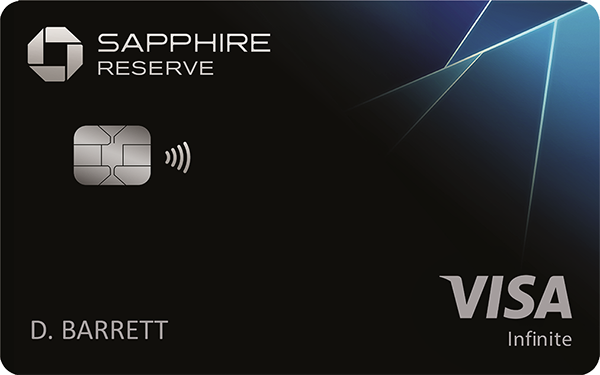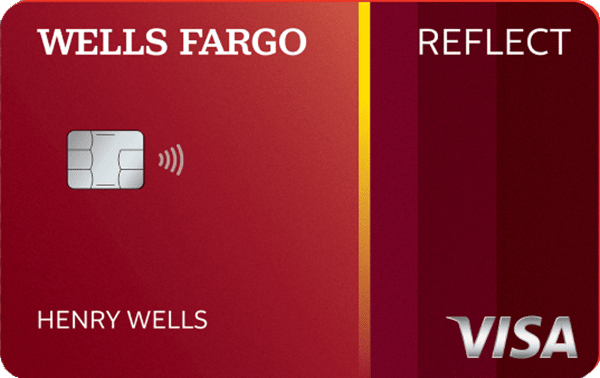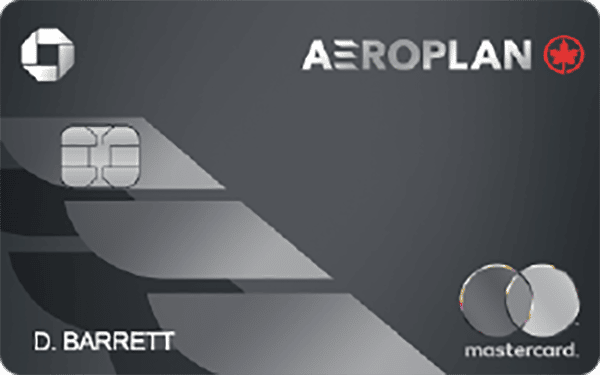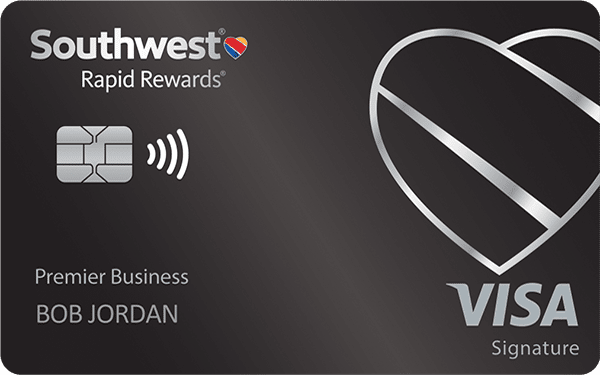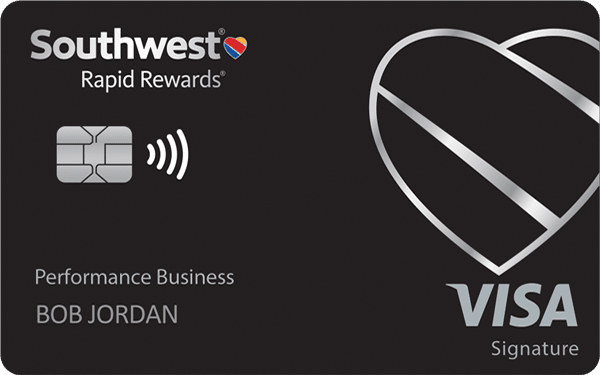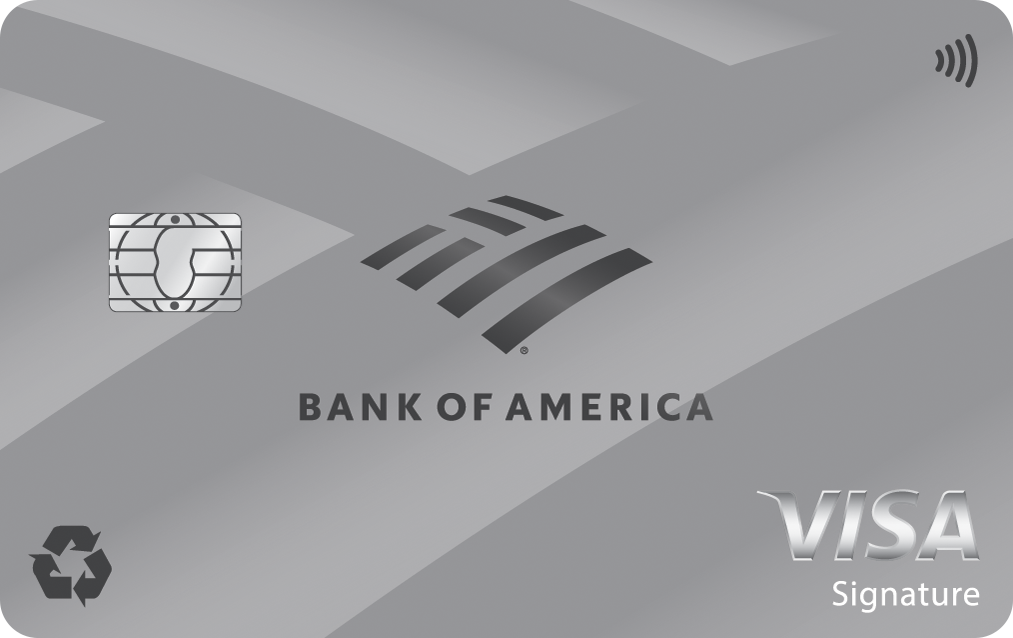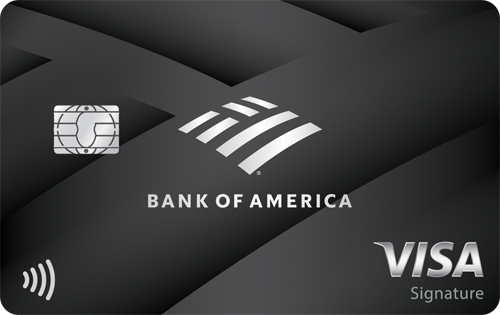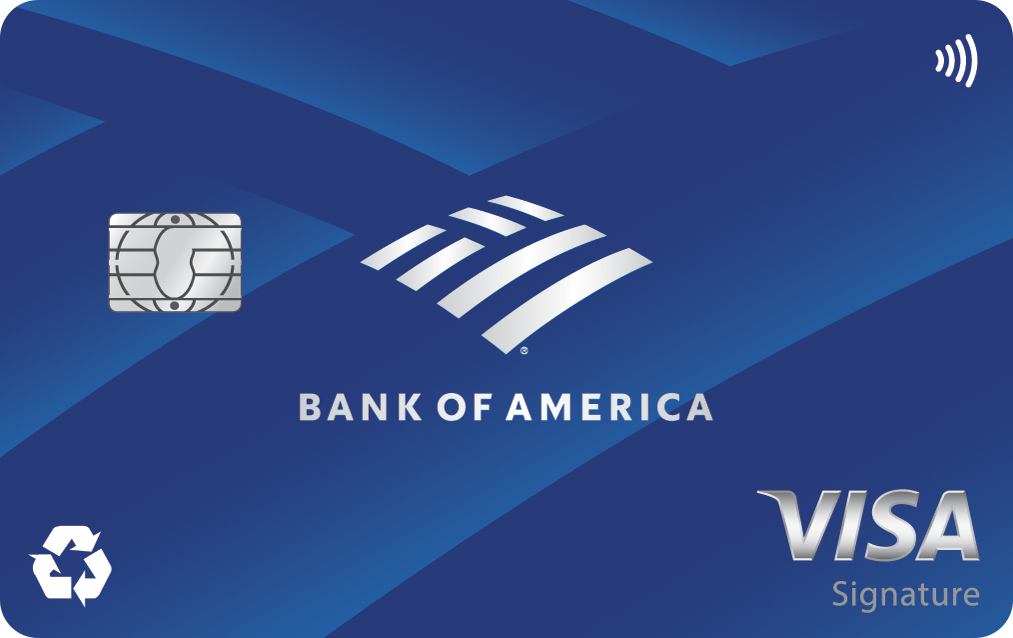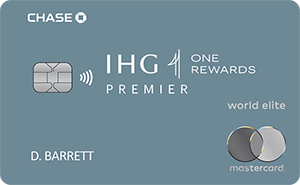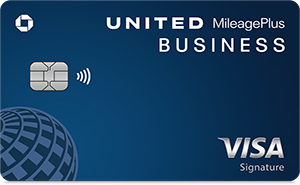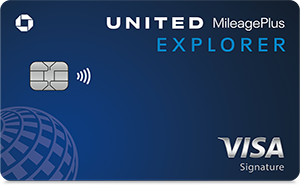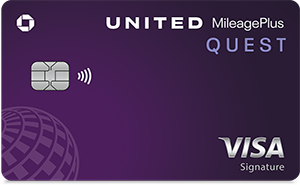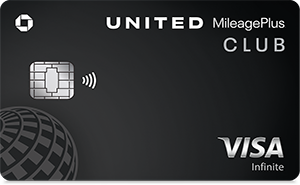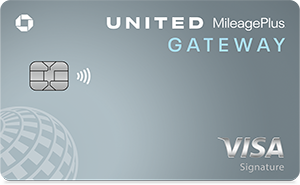Available Credit Cards Offers From Our Partners
There are a lot of options available when choosing a new credit card. You should look for cards that offer the best value for your specific spending needs. Some are great for cash back, others for balance transfers and there are also great cards available for travel purposes. The list of best credit cards from our partners above is a great place to start your search.
Use the filters at the top of this page to focus in on card features that best suit you, and use the compare feature to see how a few of them stack up head-to head.
Methodology
At Slickdeals, we know a thing or two about what makes a good product or not. We are the largest and most trusted deal-sharing community on the web, and that extends to how we evaluate credit cards.
Every month, we review our best credit cards selections to make sure each card remains relevant and helpful to readers. That means if a perk, bonus or feature is removed or changed, we will carefully consider whether it belongs on each list. We also will do our best to replace it with a new card pick that meets similar needs.
While no single credit card can be all things to all people, we’ve divided our “best cards” lists into the following categories to more accurately compare cards that have similar criteria.
Our Top Credit Card Lists
- Best Credit Card Sign-Up Bonuses
- Best Travel Credit Cards
- Best Credit Cards for Gas Stations
- Best Cash Back Credit Cards
- Best Balance Transfer Credit Cards
- Best No-Annual-Fee Credit Cards
- Best Business Credit Cards
- Best Credit Cards for Dining
Here’s the sheer reality of any best credit card list: There’s no such thing as one single best credit card. That’s because each card needs to match your own priorities, whether that’s cash back, robust travel perks, balance transfer offers, avoiding fees, building credit, and so much more.
Regardless, at Slickdeals, we stay on top of the rapidly changing landscape of credit card offers and benefits so you can be sure you’re always getting the best options that truly matter to you.
We chose our best rewards credit cards based on the total value they offer to cardholders through ongoing rewards, sign-up bonuses, 0% APR promotions and other perks. We also broke cards down into clear categories that highlight features that credit card users are typically interested in — for example, premium travel vs. general travel, flat rewards vs. tiered rewards, and so on.
While some cards charge annual fees, we only picked ones that make it easy to make up for them with the value they provide. Before you apply, though, take some time to compare these cards with other top credit card offers to make sure you get the best fit for you.
Individual Credit Card Reviews
In addition to these round-ups listed, we review individual credit card products on a one through five sliding scale. These cards are the ones we believe are most beneficial for readers and which we see the most interest in. For these reviews, we take a more nuanced approach with specific criteria that we look for which include:
- The cost of a credit card
- The ongoing benefits and perks
- How much are annual fees, foreign transaction fees, balance transfer fees, etc?
- How to earn and redeem rewards
- How much are regular purchase APRs, balance transfer APRs, etc?
- The ongoing value of keeping the card over the course of multiple years
- The sign-up bonus or welcome offer
- How useful are perks and benefits to the average cardholder?
- How large the offer is in comparison to other cards?
- Access and security
- How large the offer is historically?
- How easy is it to qualify for the card?
- How easy it is to earn the bonus?
- How the overall protections fare including for fraud, liability, etc?
Bottom Line
At the end of the day, personal finance is a personal decision. Depending on your individual priorities, some of these factors will inevitably be more valuable than others. Within each individual card review, we include expert evaluation and objective reasoning. And at the end of each review, we also provide card comparisons for suggestions on other offerings.
Common Credit Card Questions
-
Credit card interest is a percent charged by the card issuer on any balance you owe that’s not paid by the due date. It’s commonly called APR, or the annual percentage rate, and you can find your card’s APR in its terms and conditions.
The good news is that if you always pay your bill on time and in full, you will not be charged interest. If you carry a balance past your monthly due date, though, your card’s APR will kick in. Credit card interest rates tend to be fairly high, so you want to avoid carrying a balance because it’s easy to slip into debt this way.
-
To apply for a credit card, you can either visit the card’s issuer’s website or a financial institution’s website. You will fill out an application and provide personal information such as your name, address, income, and social security number. Your application will then be reviewed and the issuer will either approve or deny you for a line of credit.
-
In the United States, you must be at least 18 years old to apply for a credit card. However, if you’re under 21, you’ll need to demonstrate proof of income or have a co-signer in order to be approved. Some issuers will have varying requirements for age, so make sure you check with the specific card issuer for clarification.
-
If your credit card application is denied, you have a few options:
-Ask the issuer to reconsider—it’s worth a call to customer service, but there are no guarantees they will approve you
-Apply for a different card that better matches your credit score range
-Work on improving your score by paying down debts and not getting any new credit for a while
If you recently applied for a lot of cards, wait several months or a year and try again -
The best credit card for the average person is often one with no annual fee and a high cash back rate on common purchases like groceries and dining, for example. That said, the best credit card for you depends on your spending habits and interest in maximizing rewards.
Here are some examples of the best credit cards for different shoppers:
Frequent travelers: A travel rewards credit card
Foodies and people too busy to cook: A rewards card with high cash back on dining and takeout
Big families and commuters: A credit card that earns a lot on groceries and gasFigure out where you typically spend the most and then shop around for a credit card that can earn you the most rewards in those areas while charging either no annual fee or one that’s easily offset by rewards.
-
Credit card fees are charges assessed by the card issuer for various services or activities related to the use of the credit card. Some common fees include annual fees, balance transfer fees, cash advance fees, late payment fees and foreign transaction fees. It’s important to be aware of the fees associated with your account since incurring a fee can impact your standing with the company and even your credit score.
-
You can have three credit cards if you can manage that many and they don’t tempt you to overspend. Having three cards could help you build credit because it could improve your credit utilization ratio, which is how much credit you’re using compared to how much you have access to.
Generally, you don’t want multiple credit cards if you find it hard to keep track of the amounts you owe on each or have to pay annual fees that don’t offset the rewards you earn.
-
The average person has $5,910 on their credit card, according to third-quarter 2021 data from Experian.
It’s easy to quickly rack up credit card debt because interest rates on unpaid balances are high. The best way to avoid this is to pay your bill in full and on time each month. If you do end up with interest charges, consider a debt payoff strategy like the avalanche method or use a balance transfer card to chip away at that number.




